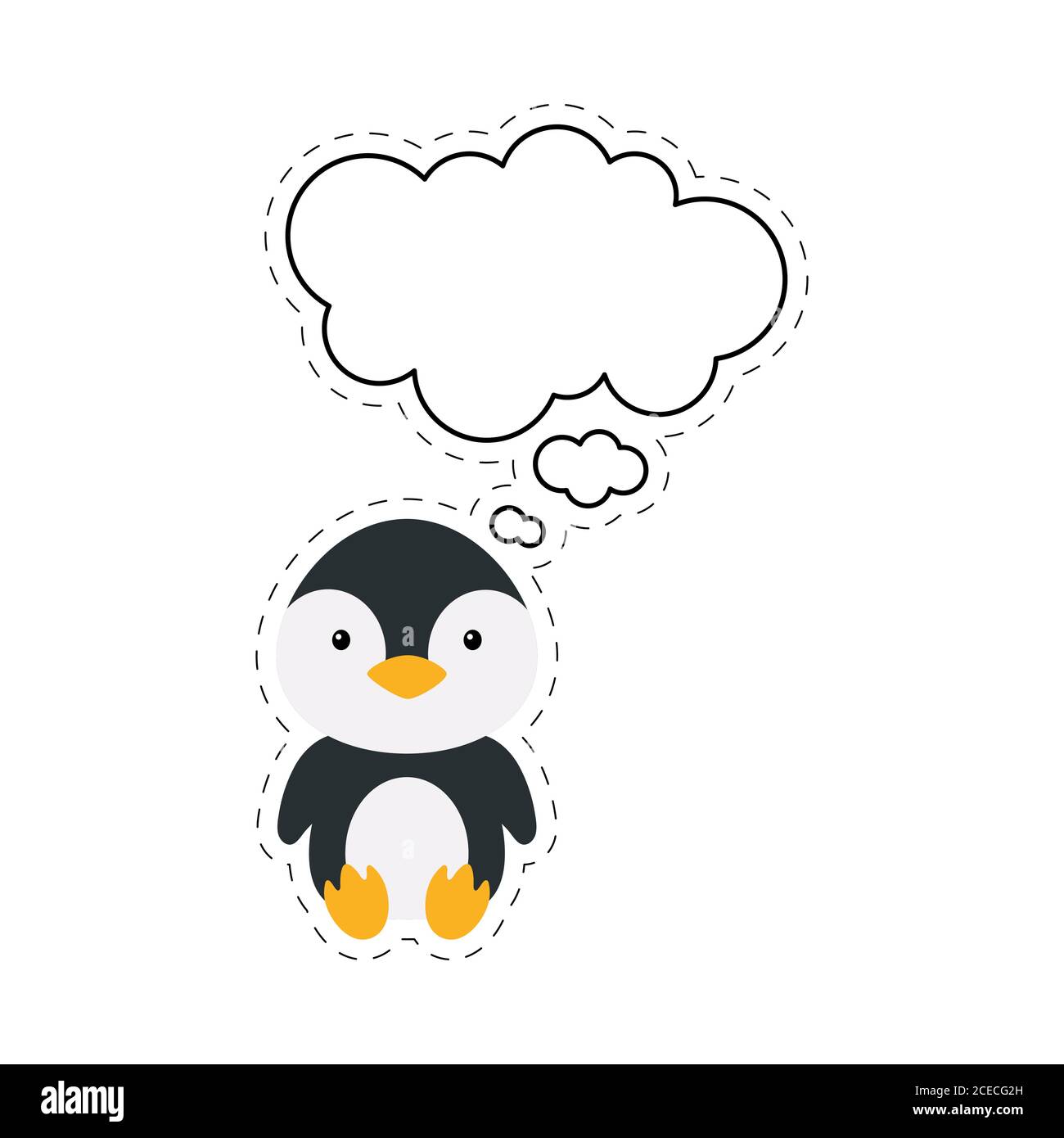The Rise of Linux: Open Source Solutions for Secure and Efficient Computing :B1:
 Khushal Malik
Khushal Malik
Introduction: Linux, an open-source operating system, has evolved into a cornerstone of modern computing. From its humble beginnings to becoming a preferred choice for developers, network administrators, and enthusiasts, Linux offers a robust platform built on collaboration, security, and versatility.
Understanding Linux: At its core, Linux serves as an interface between computer hardware and software applications. Unlike traditional operating systems, Linux is not confined to a single vendor; instead, it thrives on community-driven development under the General Public License (GPL).
Key Features:
No Antivirus Required: Thanks to its inherent security features and a less vulnerable architecture compared to other operating systems, Linux typically does not require antivirus software, providing users with peace of mind.
Multitasking: Linux excels at multitasking, allowing users to run multiple processes simultaneously without compromising performance or stability.
Best Security: Renowned for its robust security measures, Linux provides built-in safeguards against malware, viruses, and unauthorized access, making it a preferred choice for secure computing environments.
Open Source Philosophy: Linux embraces the idea of open source, where everyone can join in, share ideas, and work together. This approach fosters teamwork, fresh ideas, and honesty. It means that anyone, from anywhere, can help make Linux better, ensuring it keeps evolving and stays flexible to meet new needs.
Linux vs. Unix: While Unix requires a license for commercial use, Linux stands out as a free and open-source alternative. This distinction underscores Linux's accessibility and widespread adoption across diverse computing environments.
How to Use Linux:
WSL (Windows Subsystem for Linux): For Windows users, WSL offers seamless integration of Linux within the Windows environment, enabling access to Linux tools and utilities.
VirtualBox and Virtual Machines: Utilizing virtualization software like VirtualBox or VMware, users can create virtual Linux machines on their existing operating systems, facilitating experimentation and development.
Cloud Platforms: Leading cloud providers such as AWS, Azure, and GCP offer Linux-based virtual machines, empowering users to harness the scalability and resources of the cloud for their Linux workloads.
Vagrant: Vagrant simplifies the setup and management of virtual development environments, streamlining the process of deploying and configuring Linux instances for development purposes.
Linux's Focus Areas:
Development: Linux provides a fertile ground for software development, offering a vast array of development tools, libraries, and frameworks.
Networking: With robust networking capabilities and support for networking protocols, Linux serves as a backbone for network infrastructure and services.
Terminal: The command-line interface (CLI) remains a powerful tool in Linux, empowering users with fine-grained control and automation capabilities.
Programming and Scripting: Linux is a favourite among programmers and scriptwriters, offering a conducive environment for coding, testing, and automation tasks.
Conclusion: Linux, an open-source operating system, has become essential in modern computing due to its security, multitasking capabilities, and community-driven development. It offers various usage methods like WSL, virtual machines, and cloud platforms, and excels in development, networking, and scripting. Linux's open-source philosophy fosters collaboration and continuous improvement, making it a preferred choice for developers, network admins, and enthusiasts.
Note:-B1 is blog post 1 of this series
Linux is Widely Used Os in Software Development
#Khushal_Malik #Devops #Cloud #Linux #Linux_open-source_operating_system #modern_computing #Linux_security_features #Linux_multitasking #Linux_development_tools #Linux_networking_capabilities #Linux_command-line_interface #open-source_collaboration #Linux_virtual_machines #Linux_cloud_platforms #Windows_Subsystem_for_Linux #Linux_for_developers #Linux_for_network_administrators #Linux_scripting_environment #Linux_vs_Unix_comparison
Subscribe to my newsletter
Read articles from Khushal Malik directly inside your inbox. Subscribe to the newsletter, and don't miss out.
Written by

Khushal Malik
Khushal Malik
I am an Devops Cloud Eng. with 2 years of experience